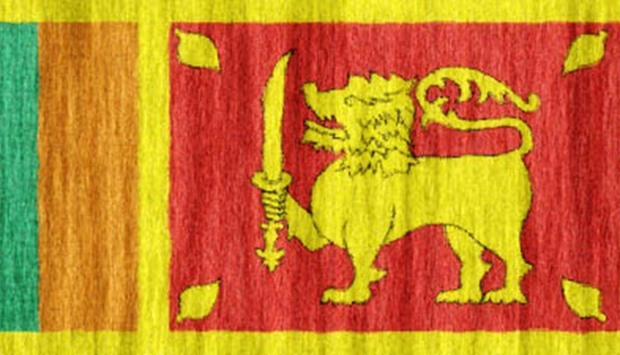While Sri Lanka has made substantial progress in addressing child marriage and teenage pregnancy, some girls in the South Asian nation are still being deprived of a carefree childhood and the opportunity to realise their full potential, UN agencies said yesterday.
In a letter to Sri Lanka’s Minister of Women and Child Affairs Chandrani Bandara on the occasion of International Day of the Girl Child, the UN Children’s Fund (Unicef) and the United Nations Population Fund (UNPF) called on Colombo to continue actions to address this issue, Xinhua news agency reported.
According to Unicef’s Child Marriage Baseline Estimate last year, there are over 20,780 girls aged between 12 and 17 years in Sri Lanka who are married or in cohabiting relationships before they reach adulthood.
Also, 5.3% of all registered pregnancies are teenage
pregnancies.
In Sri Lanka, current socio-cultural practices and legal, economic and social security-related factors are the leading causes of child marriages and teenage pregnancies.
Unicef Representative in Sri Lanka, Paula Bulancea, said child marriage not only violates the human rights of girls, it has a real negative effect on their futures, impacting their education, health and the economic and social prospects of themselves, their children and their communities.
“In the week of International Day of the Girl Child, we are acknowledging the real progress Sri Lanka has made, but also asking the government to continue this strong work, for the benefit of all Sri Lankan girls,” Bulancea said.
UNFPA Representative in Sri Lanka Alain Sibenaler said that with continued action by the government, and with the support of the United Nations, its partners and civil society here, they could achieve a key objective of the Sustainable Development Goals (SDGs).
That is to “eliminate all harmful practices such as child, early and forced marriages”, and ultimately a Sri Lanka where all girls can have a childhood free from discrimination and violence, and a future of opportunity and choice.
The joint letter was signed by over 50 UN agencies, non-governmental organisations, leading medical practitioners, academics and partners, highlighting the issues of child marriage and teenage pregnancy in Sri Lanka.

SRI LANKA
